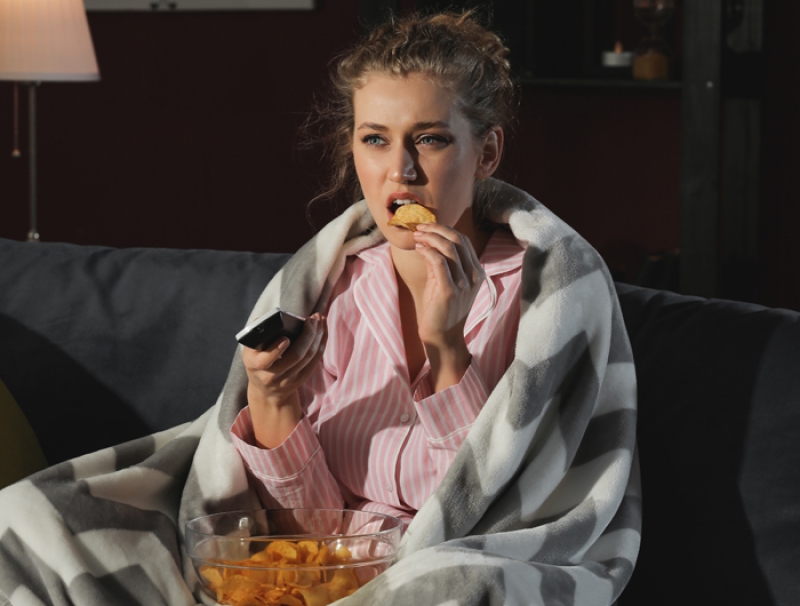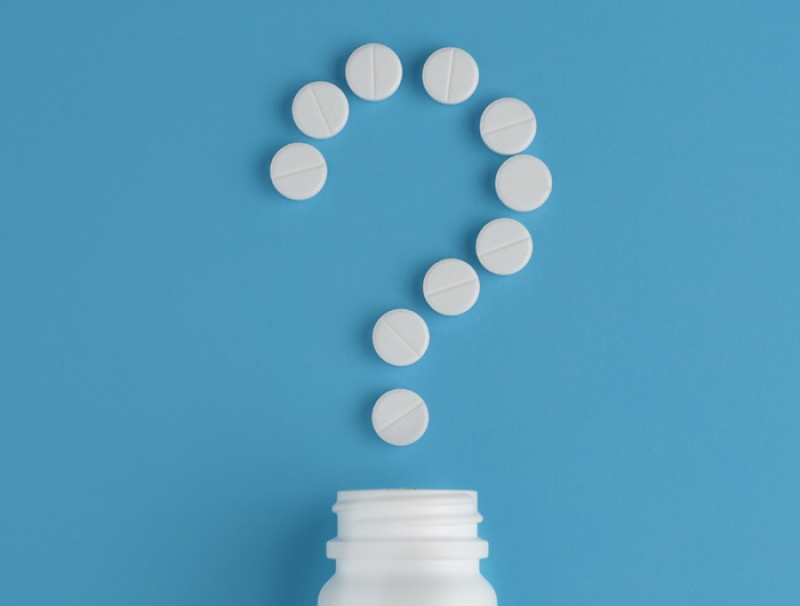Quick Studies: A snapshot of the latest research on diet, exercise, and more
Undoing Diabetes

Losing weight may reverse type 2 diabetes if you haven’t had the disease for long.
Researchers randomly assigned 147 people aged 18 to 50 who had had type 2 diabetes for no more than three years to either a control group or an intervention group. All had overweight or obesity.
Every day for 12 weeks, the intervention group consumed only about 800 calories’ worth of meal replacement foods (like shakes, soups, and bars), plus raw vegetables and two quarts of water.
They also stopped taking all diabetes medications and boosted their exercise, starting with a goal of taking 10,000 steps a day and then aiming for doing at least 150 minutes of exercise per week. Over the next 12 weeks, they slowly re-introduced foods with help from a dietitian.
The control group received usual medical care for diabetes.
After a year, those in the intervention group had lost, on average, 26 pounds, and 61 percent of them no longer had diabetes. In roughly half of those without diabetes, long-term blood sugar (hemoglobin A1c) had dropped to the prediabetes range, while in the other half, levels were down to normal.
In contrast, people in the control group had lost an average of 9 pounds, and only 12 percent of them no longer had diabetes.
(Note: One of the 15 researchers had previously received a grant from Cambridge Weight Plan Ltd. The company sells the meal replacements used in this study, but didn’t supply them for free or fund the research.)
What to do: If you have type 2 diabetes and excess weight, talk to your doctor about a weight-loss and exercise program and whether you can cut back on your meds.
Lancet Diabetes Endocrinol. 8: 477, 2020.
What Did I Just Eat?

Do people eat more if they’re too busy to notice what they’ve already eaten?
Researchers had 120 women drink either a thick 270-calorie smoothie or a thin 75-calorie smoothie while distracted by either an easy or a difficult computer task. Then they were offered potato chips and similar snacks.
The women ate about half as many chips—and reported feeling more full—after drinking the higher-calorie smoothie than after drinking the lower-calorie smoothie...but only after doing the easy task. After the harder, more-distracting task, the women ate as many chips and felt equally full, regardless of whether they had polished off a higher-calorie or lower-calorie smoothie.
What to do: Keep in mind that eating may not curb your appetite or make you feel as full if you were distracted while you ate.
Appetite 2020. doi:10.1016/j.appet.2020.104813.
Drugs in your Supplements?

Some “brain enhancement,” “memory,” or “mental clarity” supplements may contain unapproved drugs.
Researchers analyzed 10 supplements whose labels listed omberacetam (Noopept), aniracetam, oxiracetam, or phenylpiracetam. All are unapproved drugs, and are similar to piracetam, which is prescribed for dementia or memory loss in some countries but is not approved for use in the United States. The supplements contained just two of the four drugs, in one case at four times a typical dose. And more than half of the doses listed on the labels didn’t match what was in the pills.
What to do: Watch out. Many supplements make claims without good evidence, and some may contain unapproved drugs, sometimes at doses that could be risky.
Neurol. Clin. Pract. 2020. doi:10.1212/CPJ.0000000000000960.
Continue reading this article with a NutritionAction subscription
Already a subscriber? Log in

